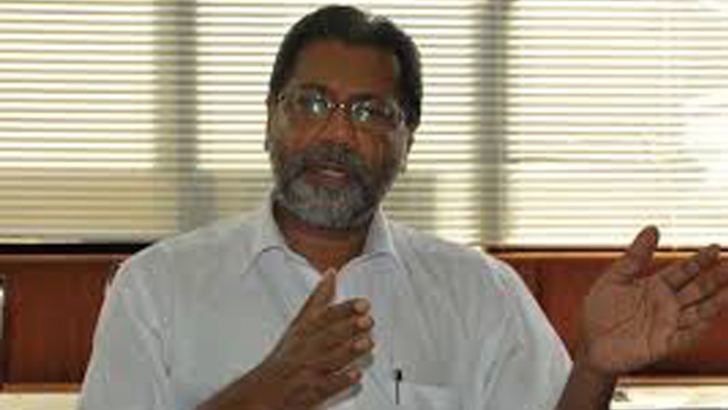The Muslim Personal Law Reforms Action Group (MPLRAG) has called for the release of the report on Muslim Personal Law (MPL) reforms formulated by the Committee headed by Justice Saleem Marsoof.
The 16 member Committee was set up in 2009 by the then Justice Minister Milinda Moragoda in the view that “certain reforms to the Muslim personal law was urgently needed”.
The Committee’s report thus has been pending for the last seven years.
With a new Constitutional reform process currently being undertaken the MPLRAG points that this was a valuable opportunity to look into reforming MPL.
On August 24, 2016, a group of 15 Muslim women appealed to Minister Mahinda Samarasinghe and the rest of the sub-committee drafting the Fundamental Rights Chapter of the new constitution.
They appealed that Article 16(1) is repealed to ensure that the new Constitution is the supreme law of the land and that fundamental rights and gender equality are ensured for all citizens regardless of religion or ethnicity. They averted to the State’s responsibility to protect the fundamental rights of all its people irrespective of age, gender, ethnicity, religion or any other identity markers.
However, certain conservatives groups among the Muslim community – while acknowledging that there were major problems with the Muslim Marriage and Divorce Act (MMDA) and its implementation – claimed that repeal of Article 16(1) is not necessary because the Muslim community will reform its own personal law “from within”, to address concerns of women and girls.
“It is important for the community in general and Muslim women in particular to know the outcome of the Committee’s deliberations and as to how it compares with the protection and equality that Muslim women and children can avail of by calling for repeal of Article 16(1) in the new Constitution,” stated the MPLRAG in their statement.
“Therefore, we appeal to the members of the MPL Reforms Committee, Justice Minister and Judicial Services Commission to inform the Sri Lankan Muslim community as to when the report is expected to be finalised. Also given its relevance to the constitutional reform discussion outlined above, we kindly request that they immediately share the salient outcomes of the reform discussions to date pending the release of the final report,” they added.
Many Muslim women and girls are not only affected directly by discriminatory provisions within the 1951 MMDA, but also as a result of the sub-par Quazi court system with untrained and unqualified Quazi judges.
Some of the major discriminatory practices of the MPL with regard to women include; no minimum age of marriage, no requirement of mandatory (and written) consent from the bride, different conditions of divorce for men and women, the provision for wife and child maintenance decided arbitrarily by Quazis, the disqualification of women to be Quazis by the Act, no mandatory requirement of qualifications or mandatory training for Quazis on MMDA and it allows the practice of polygamy without requirement of consent from the wifes or wife to be.



Add new comment